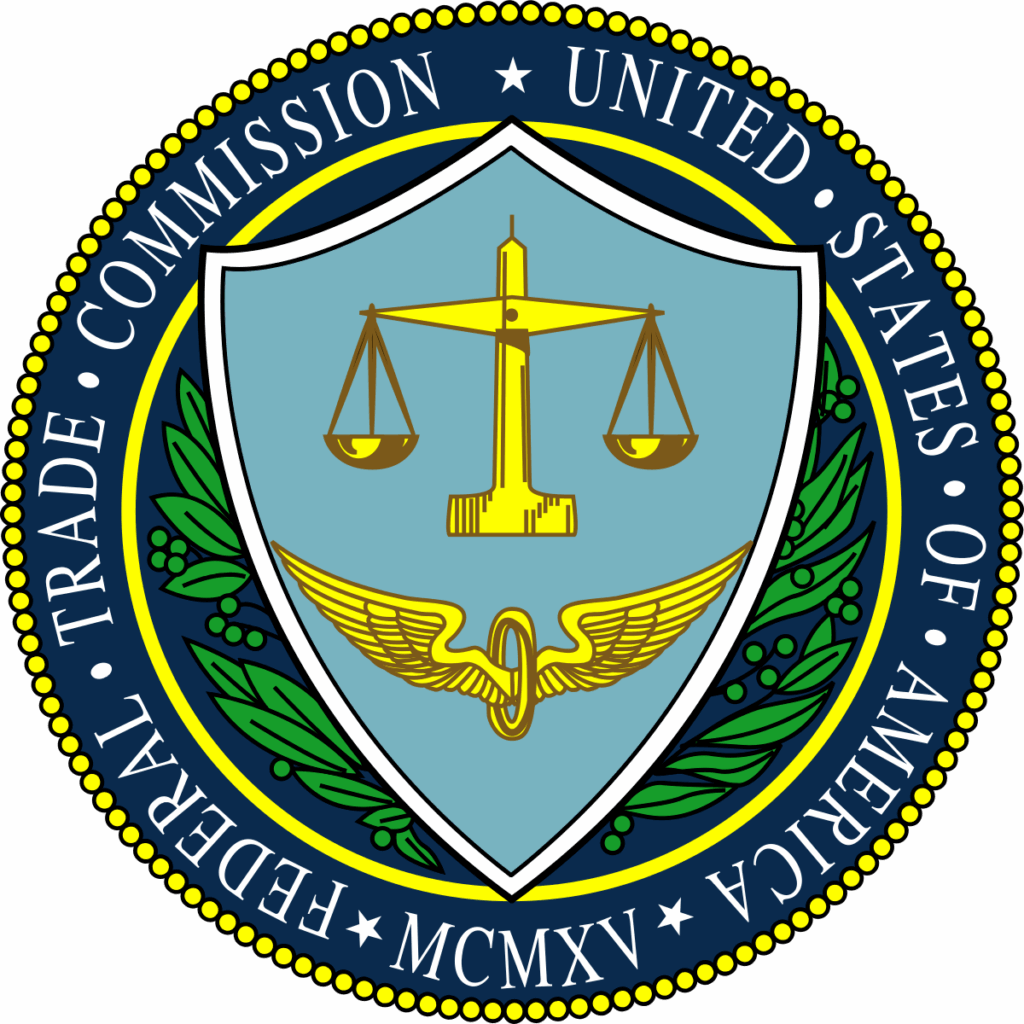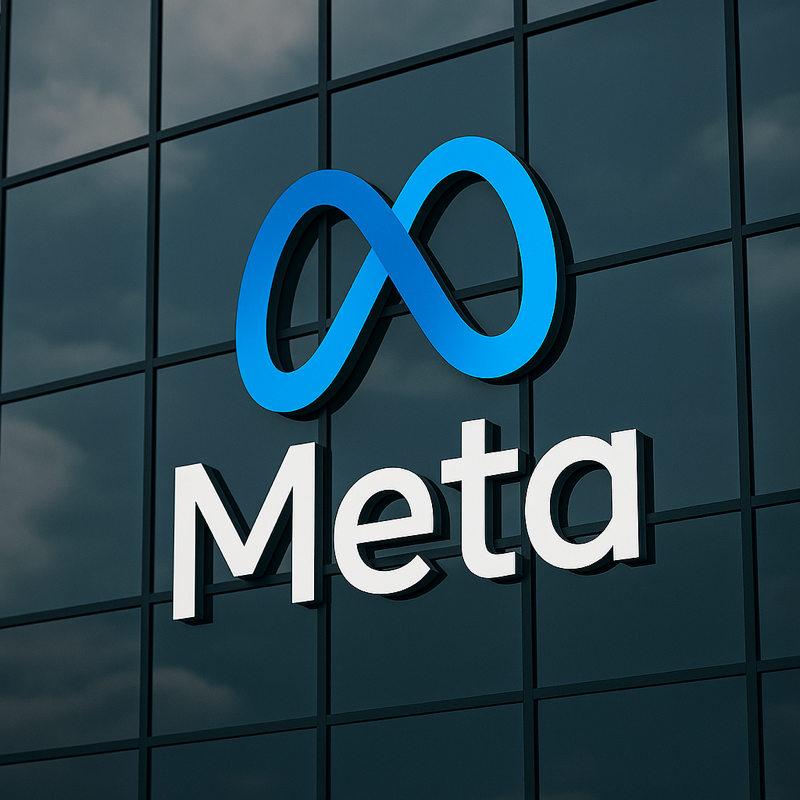A federal judge rules the company is not an illegal monopoly.
Meta walked out of a courtroom with a rare kind of clarity. A judge’s decision ended a multi-year fight that once threatened the core of Meta’s business — from Instagram to WhatsApp — even the way the social media titan builds new products.
The case came after years of antitrust sentiment across Washington. Lawmakers demanded limits on data collection, advertising scale, and Meta’s acquisitions. Yet the court said the government never proved the tech company shut out competitors in a way that breaks U.S. law. The ruling resets the controversies about Big Tech’s power.
What’s Happening & Why This Matters
The Judge Says Meta Is Not a Monopoly

The ruling arrives via the U.S. International Trade Commission, which reviews whether companies block competition through unfair practices. The FTC argued that Meta used its size and influence to squeeze out rivals. The judge says the evidence does not support the claim. The court notes that competitors exist, grow, and innovate at a pace that challenges the idea of a locked-down market.
One line from the decision stands out:
The government has not demonstrated that Meta controls the market in a manner that prevents new entrants or limits consumer choice.”
The statement adds weight because it reframes the digital markets. The court views social media as diverse and fluid. It describes TikTok, Snap, and YouTube as meaningful, influential players.
A Big Win for Meta Across Its Platforms

The decision touches every part of Meta. It protects Instagram, WhatsApp, and the company’s AI and mixed-reality projects. The ruling gives breathing room for AI development, which Meta labels as its next principal chapter. The case protects the advertising engine, which fuels most of Meta’s revenue.
A Meta spokesperson responds with a short note:
This ruling confirms what we have said from the beginning: Meta operates in a competitive environment. People choose our apps because they find value in them.”
The FTC Takes a Hit
The ruling is a setback for the FTC, which has tried to rein in Big Tech’s influence through aggressive antitrust action. The agency framed Meta as a company that locks users inside its ecosystem. It argued that Meta bought competitors instead of competing with them. The judge disagreed and said the agency did not show that any acquisition harmed consumers.
The FTC faces questions about its legal strategy. The loss projects concerns that U.S. antitrust law is inadequate to fit the digital economy’s speed and flexibility.

TF Summary: What’s Next
Meta won breathing room. The social media leader is doubling down on AI, messaging, and augmented reality without the weight of breakup fears. The ruling shields future acquisitions — at least for now. The FTC may refine its arguments and expectations when confronting modern competition.
MY FORECAST: Meta’s legal win revs up its AI ambitions. Expect aggressive product launches in Instagram, WhatsApp, and even new mixed-reality tools. Expect the FTC to return with narrower cases. Will this case’s outcome affect decisions about future antitrust litigation?
— Text-to-Speech (TTS) provided by gspeech


